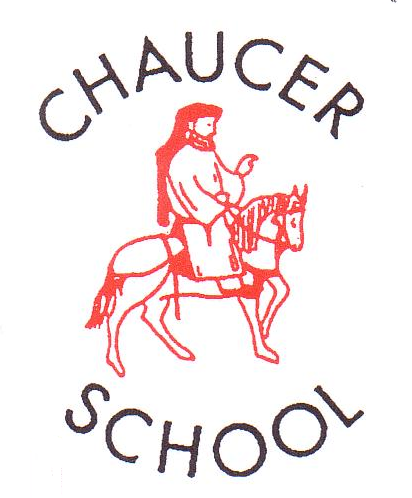Vocabulary ideas
Information sheet for families
Key principles to help your child learn words
• Words are important
To learn well at school, children need to understand and speak many words. In particular: to progress with reading, children need to understand the words they read; to write well, they need a wide and varied use of words; in subjects such as maths and science, they need to understand the specific terms used.
• Home support for vocabulary makes a difference
Children will learn words in their Early Years setting, but if they also come across these words at home, they will learn them faster and better. Home and school working together gets to a place neither can alone.
• Have fun with words
By playing word games, children are also learning about words. We all know that children learn best when they are enjoying themselves. You do not need fancy games or gadgets to develop vocabulary; you just need a little conversation. Anyone can do that.
• It is about talking as much as reading and writing
Speaking and listening are the foundation skills for reading and writing. If your child has the word in their spoken vocabulary, it is much easier to understand when they come across it in reading. When reading with your child, talk about the words in the book.
• When talking about words, use comments rather than questions
Your child will come home with some activities to help learn new words, or specific words to talk about. To learn a word, your child needs to hear it lots of times first. Use the new word in the activities and in conversation, so that your child hears you use it. If they use the new word, notice and say, ‘Well done’. Avoid just asking, ‘What does that mean?’ because if he or she is still learning the word, this will put them under pressure and may put them off.
• Do a little every day
Word learning can happen everywhere, so build it into your routine, whenever and wherever it works for you. There will be times in the street, in the car and at bus stops when you can play a little word game. Stick the words your child is learning on your fridge, so that you remember to use them from time to time. Do whatever works for you, but do it every day.
